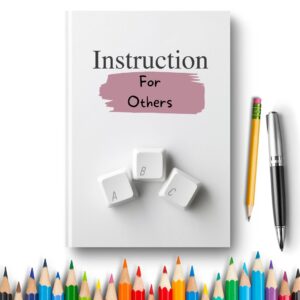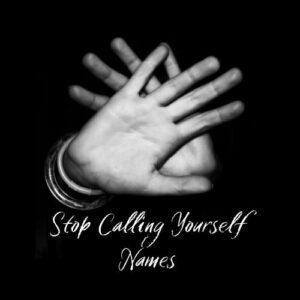Years ago my 13-year-old step-son asked if he could borrow a book from my shelf called Controlling People. He said he wanted to figure out how to control people. If there were such a book, probably a lot of us would want a copy too!
Likely few of us would identify ourselves as controlling, yet the way we’ve come to understand our role and responsibility in relationships sets us up to be just that.
Our social norms teach us that to be polite, kind, or loving we must protect others’ feelings and avoid hurting them, even at our own expense. This is based on the belief that we’re responsible for others’ feelings.
Most of us have been taught from an early age that we have the ability to hurt others’ feelings; to make them happy, angry, or sad but we have much less power over this than we’ve been led to believe. Just the fact that people can have different reactions to your actions shows you didn’t create them. In fact, we aren’t even that accurate about how we ourselves will think or feel in future situations, much less how someone else will.
We grow up believing that we have the ability to cause others feelings and vice versa. But then why can’t we use our power to get others to stop or start feeling things on command? Don’t we all want loved ones happy or for foes to feel remorse when we deem it appropriate? And what about when someone wants you to feel a certain way; why don’t we magically feel that way just because they want it? Because in contrast to this social myth, feelings cannot be implanted or transplanted from one person to another. In fact, what causes our feelings is not what happens to us but how we interpret what happens; interpretations that happen only in our own minds.
This is not to say there aren’t common, shared or expected interpretations of actions or events that lead to collective emotional responses, but this is not the same as causation.
Definition of Cause: The one, such as a person, event, or condition, that is responsible for an action or result.
Definition of Responsible: Being a source or cause
Now those who are particularly sensitive to others’ feelings might be inclined to push back with something like “I’m very tuned into others’ feelings so I know what causes emotional hurt or healing.” It can very much feel this way, but there’s a difference between prediction and control. Control is to direct while prediction is to forecast. You don’t hear meteorologists take responsibility for a hurricane just because they can predict it. Yet, this is exactly what we do when it comes to predicting others’ thoughts, feelings, or reactions to things.
Plus, just even when we consider ourselves skilled at predicting others’ behaviors, we can’t do so 100% of the time. In other words, you may have a good guess of how someone is going to react, but guesses are not sure things. Just like in horse racing, you can guess on a winner based on careful study of the horse and its history, but you can’t predict or control the actual outcome.
When we believe we can cause other people’s thoughts, feelings and actions, we give ourselves more power than we actually have. Couple this belief with wanting someone to be different than they are and we find ourselves trying to change them in ways that can make us act controlling, even when we’re coming from a place of love or with an intention to help.
“Help is the sunny side of control,” Anne Lamott
Let’s imagine you get laid off from your job one day and you dread telling your partner because you know her very well and you’re sure she’s going to have a meltdown. She’s been sharing her worries over money lately and you’re sure this will only add to her stress. So you’re surprised when you break the news to her and she doesn’t have the reaction you expect. Here are some possible explanations:
- Her boss promoted her today with a hefty raise and she thought, “money’s not a problem now.”
- She won the lottery and maybe thought, “who cares!”
- A beloved pet got out of a fenced area and all she can think is, “This doesn’t matter right now, we have to find him!”
- Maybe she felt a lump in her breast and she’s preoccupied with seeing her doctor.
These are just a sampling of the kind of contributing factors that influence one’s mental state; ones we don’t cause and can’t control or predict. In addition, hormones, hunger, lack of sleep, and physical discomfort also impact how we think, feel and act in any given situation.
Obviously, some of us are more susceptible to interpreting people’s behavior in a certain way, but our interpretations are not being directly caused by that person or situation, they come from our own blindspots or habituated perceptions based on many variables including:
- temperament
- genetic predisposition
- preconditioning
- experiences
- meanings
- memories
- cultural norms
- family system beliefs
Believing you can control others’ emotional lives inevitably means believing they can control yours. You can’t hold one belief without the other. When we give others ownership of our feelings, we outsource control over our own. This can leave us feeling helpless, victimized, and trapped.
In sum, there are no required or inevitable thoughts or feelings about any given person or situation, including yourself. We have a brain with the ability to decide what we want to think on purpose when we commit to developing the skill of emotional awareness and cognitive management. So the next time you’re tempted to take responsibility for someone else’s feelings or think they’ve caused yours remember feelings are generated by the brain of the person experiencing them.



